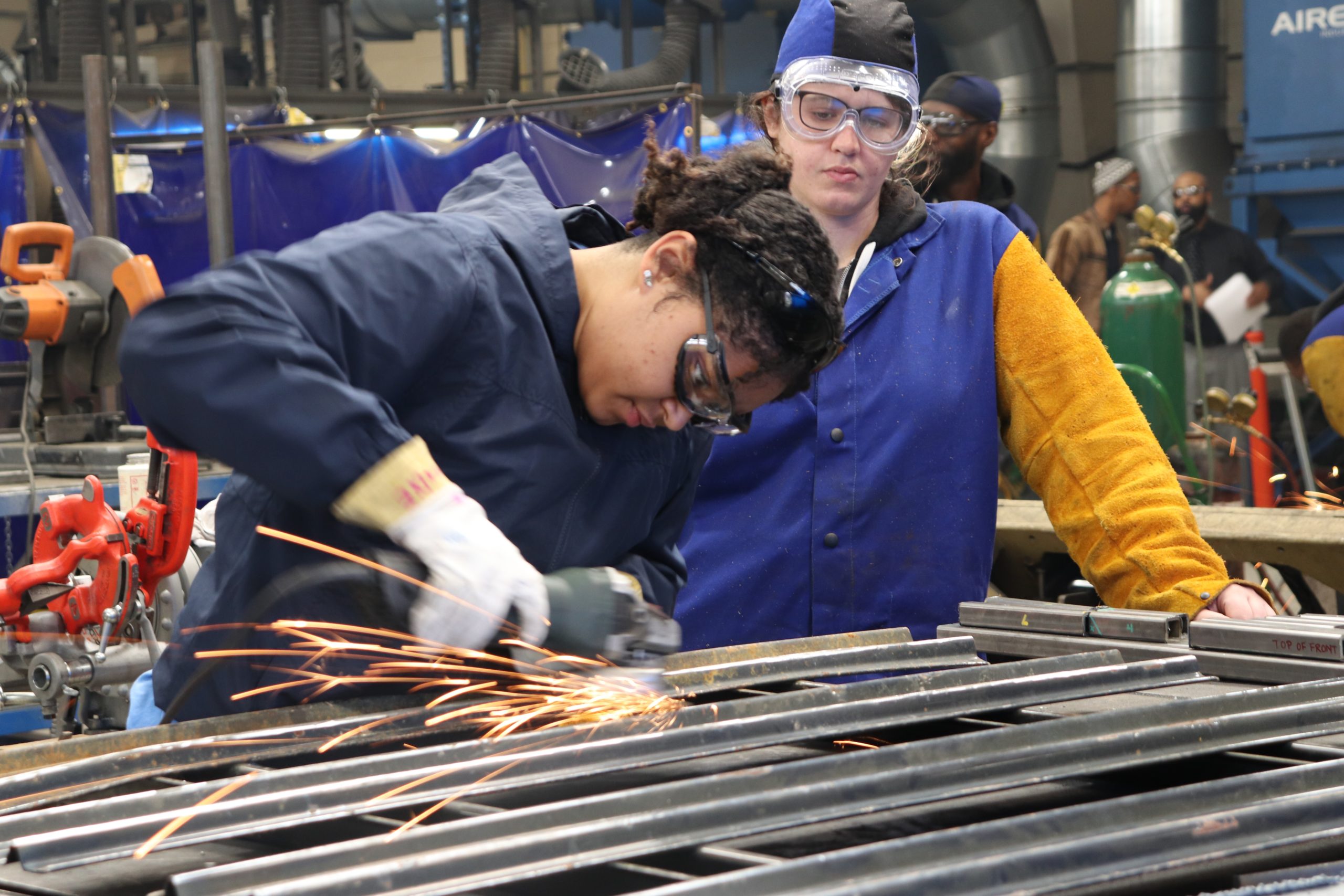The American workforce has become clogged with college degrees. The common view is that getting a good job with decent pay is virtually impossible without one. As more people get degrees, careers develop higher qualifications to keep up with the rising educational level. Anything less than college is like swearing in church—your parents talk about it in whispers, and strangers respond with a sympathetic grunt.
However, a traditional four-year college is not the only choice; sometimes, it’s not even the best or most lucrative choice. While some high schools have programs designed to give students who don’t want to go the college route a leg-up through classes like automotive collision, some aren’t always very vocal about other options for the future. While almost half of Americans are getting college degrees, the rest are finding other options that are more suitable to them. One of those routes is vocational school.
What is a Vocational School?
Vocational school, also commonly known as trade school, is a type of higher education intended to train students for specific jobs. While the necessary skills for some professions can be learned on the job, others necessitate not a degree, per se, but a certification achieved through structured instruction by learned professionals in the field. Vocational school courses have much shorter lives than college degrees, taking less than two years. They are also generally much less expensive (although they sometimes still provide financial aid for those who need it).
While a college degree requires a basis of study in several disciplines (such as basic history, math, literacy, etc.) regardless of the student’s major, vocational school courses revolve strictly around the intended career. Their shortness and specificity make them no less important or admirable than other types of higher education, as many jobs that require vocational training are the backbone of much of our economy.
The requirements for entrance are often (though not always) as simple as a high school degree and sometimes less. While some vocational schools are set up for only one type of career (cosmetology), there are often several tracks a student can follow within the school (being a barber versus a nail technician). Other schools are set up so that multiple types of workers are trained under the same roof but take different classes from different teachers.
Who is a Vocational School For?
Common jobs that require a vocational education are varied. Beauticians must have training and certification through cosmetology schools. Mechanics, some kinds of welders, electricians, specific types of construction workers, and even locksmiths have to attend vocational schools for their trade to be authorized for their work. Even some positions in health care can be achieved through vocational school rather than years of grueling collegiate study, such as dental hygienists or some nursing positions. Even food and hospitality management training can be achieved through vocational school.
Although a vocational school certification is not required for all positions within some of these fields, it can certainly result in higher pay and a better position with the organization.





